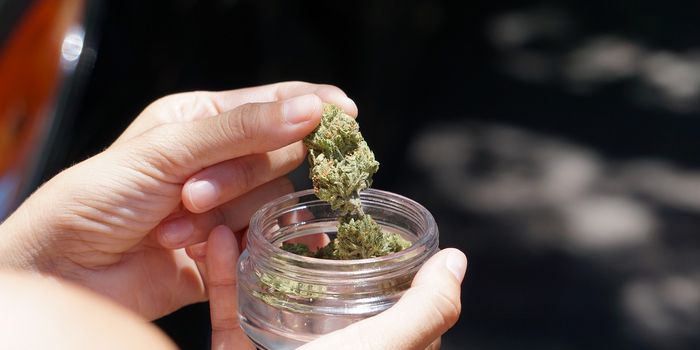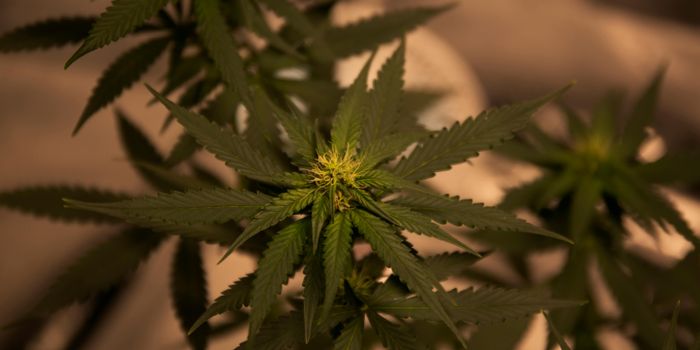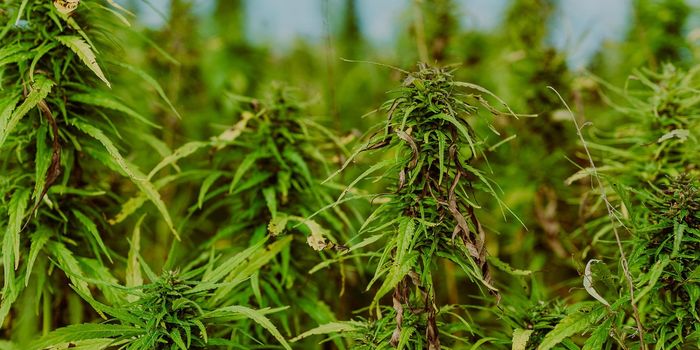Advances in Cannabis Sciences at the 2022 Labroots Virtual Event
This virtual event will be available on demand for two years. The conference featured a poster hall with 6 downloadable posters. The posters exhibited focused on the different cannabinoids, their effects on symptom management, and regulatory and retail cannabis issues. Titles included:
- Prenatal Cannabis Exposure on Intelligence of 5-year-old with Autism Traits Sheow (presented by Yun Sie, Priyanka Priyanka Alluri, Donato DeIngeniis & Yoko Nomura)
- The Importance of Data Integrity (presented by Kara Eliadis, MCR Labs)
- The Science of Marijuana-How THC Affects the Brain (presented by Livia Marian)
- Δ8-THC or “Diet-Δ9”: Δ9’s “Legal” Younger Sibling (presented by Chad Johnson & Andrew Coop)
- Establishing a Consumer Technical Model for Consumer Cannabis (presented by Martha Bajec, Michelle Niedziela, Aja Allison & Allison Gutkowski HCD Research, Inc.)
- Cannabis For Medicinal Use In Patients With Rare Diseases (presented by Jekaterina Parovincaka)
Dr. Dustin Sulak delivered the keynote presentation entitled Acidic Cannabinoids: Inactive Precursors or Powerful Therapeutics? He presented evidence that acidic cannabinoids THCA and CBDA have powerful physiologic effects and high bioavailability. THCA and CBDA were previously considered inactive precursors to THC and CBD, but research indicates that these two cannabinoids have a powerful effect on other cannabinoids.
Conference Highlights and & Themes
The conference identified priority topics for future research in the areas of cultivation, extraction, policy, and other areas.
Several presentations provided valuable insight into the current research on cultivation and extraction methods. The finding that cannabinoids play more than just the role of precursor compound to THC warrants a closer look at the role all minor and major cannabinoids play individually and collectively. Understanding the synergetic effects of cannabinoids such as THCA and CBDA will help identify the most effective processing methods for treating different symptoms. Some studies have found that whole plant spectrum products offer superior effects to individual cannabinoid compounds.
One recurring theme of several presentations was the need to research the most effective doses. For example, THCA appears to be more effective taken in lower doses. Research on optimal levels of decarboxylation for individual terpenes and compounds as well as the entourage effect will greatly advance medical cannabis research.
Several presentations covered recent research and best practices regarding the cannabis growing environment. Outdoor grows tend to develop more complicated secondary metabolites while indoor grows have simpler metabolite profiles. Evaluations showed higher terpene potencies in outdoor grown plants and higher THCa potencies in most outdoor grown plants. Measurable heavy metal content was detectable in indoor grown plants. These results have implications for cultivating cannabis for novel and customized therapeutic applications as well as the relative efficient cannabis cultivation strategies.
Current research highlights the beneficial nature of symbiotic relationships between plant hosts and their microbial community. Effective sterilization methods and management of living soil systems are critical to cannabis plant health.
Medical Cannabis Therapeutic Updates:
Researching different physiological responses to individual strains/chemovars or products is critical. The complexity of one’s metabolism and the complexity of cannabinoids and terpenes make it challenging to find the most effective products, but scientists are working towards a solution by combining genomics with biomarkers and measurable outcomes.
There is some concern that CBD elevates the liver enzymes, so research on this possible correlation is a priority. Otherwise, CBD has a favorable safety profile. One of the most extreme side effects reported by some CBD consumers was gastrointestinal distress such as temporary nausea or diarrhea.
Analytical Testing and Automation:
Several presentations highlighted the importance of pesticide regulation, microbial regulations, and extraction efficiency metrics. Sample cross-contamination can be prevented with careful workflow design regarding sample intake and processing, and Laboratory Information Management System (LIMS) can further optimize workflow by maintaining data integrity.
The Regulatory Landscape:
Several presentations highlighted the need for more research on product quality and cannabinoid dosing in order to inform policy regulations and protect the safety of patients/consumers from mislabeling. The FDA’s hesitancy to regulate CBD and other cannabinoids hinders research advancements regarding cannabis.
United States Department of Agriculture (USDA) guidelines for hemp testing effective March 22, 2021 explain the required sampling, test methods, measurement of uncertainty, disposal of hot hemp, and reporting of test results. The total THC threshold will remain at 0.3% in the USDA's final rule, and the “negligent violation” threshold has increased to 1% THC from .5% (hemp that tests above 0.3% THC but below 1% THC is legal).
This event provided extensive information on the latest cannabis sciences. Please visit the Cannabis Sciences 2022 Virtual event website to see the full agenda and access the on-demand content.









